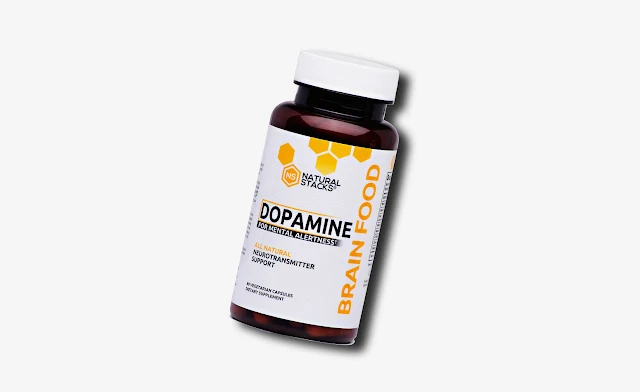Introduction: Dopamine plays several important roles in the brain and body. A member of the catecholamine and phenethylamine families, its name comes from the fact that it is an amine made by removing a carboxyl group from LDOPA. Dopamine is synthesized in the brain and kidneys. It is also made in plants, though its function in plants is not clear. Conversion of dopamine to norepinephrine requires vitamin C. Dopamine is a neurotransmitter, being released by one nerve cell and then traveling across a synapse to signal an adjacent nerve cell. Generation of a nerve impulse
Chemical messenger: Outside the nervous system, dopamine is a local chemical messenger. In blood vessels, it inhibits norepinephrine release and causes vasodilation. In the kidneys, it increases sodium excretion and urine output. It reduces gastrointestinal motility and protects intestinal mucosa in the digestive system and in the immune system, it reduces lymphocyte activity. The effect dopamine has on the pancreas is to reduce insulin production. With the exception of the blood vessels, dopamine is synthesized locally and exerts its effects near the cells that release it.
RELATED;












No comments:
Post a Comment